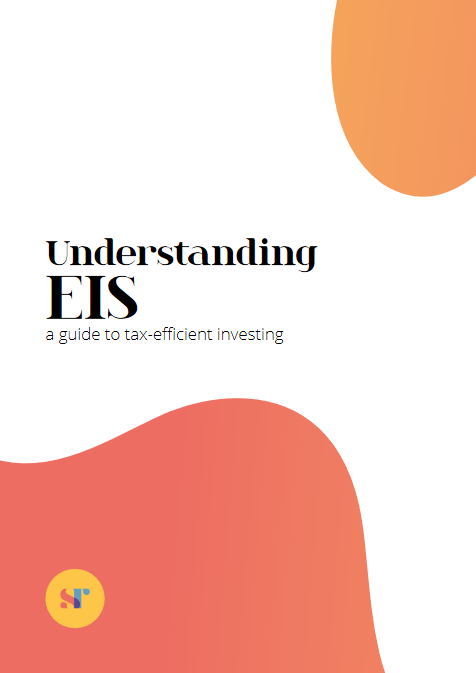What are unlisted investments?
Unlisted investments are investments into shares of companies or assets that are not traded on the open market. They are also sometimes referred to as unquoted investments.
The companies in question are generally small but with ambitious plans for rapid growth and need investment to take their business to the next level. As they are considered high-risk by traditional financial institutions, finance can be hard for them to obtain. One solution is private equity from individual investors and funds invested directly in the companies.
The benefits of unlisted investments
Investing in startups does carry significant risks, but there is a chance that it could turn out to be the next Facebook or Google.
There are also tax incentives to encourage high net worth individuals to invest in unlisted businesses, although the qualifying investment amounts differ between the two schemes mentioned below.
Enterprise Investment Scheme (EIS)
The Enterprise Investment Scheme offers income tax and capital gains tax reliefs to investors. Individual income tax relief of 30% is offered under the EIS scheme.
Seed Enterprise Investment Scheme (SEIS)
Like the EIS scheme, the Seed Enterprise Investment Scheme offers income tax and capital gains tax reliefs to investors. Individual income tax relief of 50% is offered under SEIS.
The risks of unlisted investments
Loss of capital invested
Investing in a startup is inherently risky as many fail, so investors need to be financially able to absorb any losses and invest in unlisted investments as part of a diversified portfolio.
Inability to trade shares on open market
As the shares are not traded on the open market, unlisted investments are generally highly illiquid. Investors may only be able to sell their shares when the company achieves a successful exit via a sale or flotation - perhaps many years after making the initial investment.
Possibility of dilution
Investors may find that as the unlisted company grows, it will require additional finance. In return, additional shares will be issued thus reducing the percentage of the company owned by existing shareholders and diluting their holdings.
Dividends unlikely
Unlisted companies are not obliged to pay dividends to shareholders or if they do, they may be infrequent. Instead, many small companies choose to reinvest profits in the business to facilitate further growth.
Alternative ways to make unlisted investments
As well as direct investment in an unlisted company it is also possible to invest via an EIS fund or SEIS fund. These are managed investment vehicles that raise finance from individuals and institutions to invest across a portfolio of EIS or SEIS-eligible companies. This can be a way for investors to spread risk across several such companies.
These funds are usually managed by experienced individuals with the goal of returning a profit which is then shared by all those investing in it. The same EIS and SEIS tax reliefs apply whether investing via a fund or making a direct investment
Venture Capital Trusts (VCTs) also offer investors tax reliefs. They work in a similar way to EIS and SEIS funds, allowing individuals to spread their investment across a number of small higher-risk trading companies which are not listed on a recognised stock exchange.
Get your free guide to EIS

Want more information on UK investing?
Download your copy of our free guide. Featuring an analysis of UK investor trends, investment case studies and an EIS cheat sheet.
